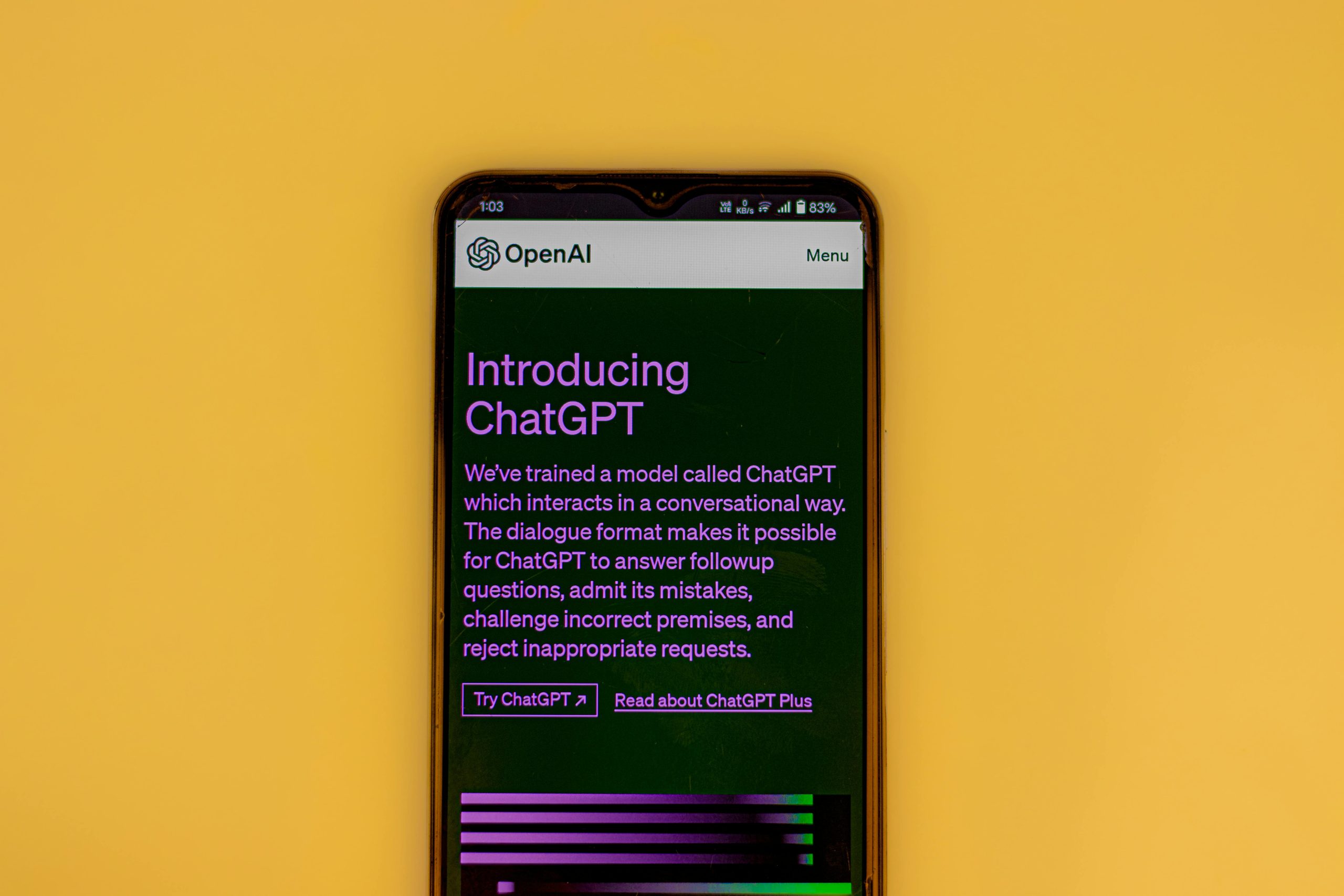shipping with gemini but stuck debugging RAG? here’s a problem map that kept saving me
Optimizing Deployment of AI Pipelines with Gemini: A Structured Approach to Identifying and Resolving Common Challenges
In the rapidly evolving landscape of AI development, deploying reliable and maintainable systems remains a complex endeavor. Gemini, a versatile framework for building chat-based applications with uploaded files, retrieval mechanisms, and reranking, has gained popularity among practitioners seeking flexible solutions. However, navigating the intricacies of such systems often leads to perplexing failures that hinder progress.
To facilitate smoother deployments, this article introduces a comprehensive Problem Map—a structured catalog of 16 reproducible failure modes encountered within Gemini workflows. By understanding these issues, their symptoms, and minimal fixes, developers can significantly reduce guesswork, improve reliability, and streamline troubleshooting processes.
Understanding Gemini-Centric Workflows
Typical Gemini implementations encompass several core components:
- Chat with Uploaded Files: Engaging with PDFs, documents, or other data sources directly within a chat interface, relying on in-chat retrieval rather than external databases.
- Custom Backends or App Builders: Incorporating retrievers, embeddings, vector stores, and sometimes rerankers to enhance information accuracy.
- Grounding and Citation: Adding steps to anchor responses to specific sources, though occasional answer drift persists despite these measures.
While potent, these setups often face specific failure modes. Recognizing and addressing them systematically can improve your development cycle.
The 16 Problem Modes in Gemini Systems
Below are common failure modes, their symptoms, root causes, and recommended minimal fixes:
- Hallucination and Chunk Drift
- Symptoms: Answers cite information absent from the retrieved chunks.
- Cause: Lack of span IDs; content outside the retrieved set is accepted.
-
Fix: Enforce span IDs for each claim; reject spans without IDs; treat missing IDs as a hard stop.
-
Interpretation Collapse
- Symptoms: Requests for implementation yield definitions; task types get mixed.
- Cause: Model misinterprets prompts due to ambiguity.
-
Fix: Detect question type upfront; ask disambiguation questions before proceeding.
-
Long Reasoning Chains
- Symptoms: Small errors accumulate, leading the conversation off-course.
- Cause: No bridging step; chain of reasoning becomes fragile.
-
Fix: Insert a restatement or summary of the last valid state before continuing.
-
Bluffing and Overconfidence
- Symptoms: Responses














Post Comment